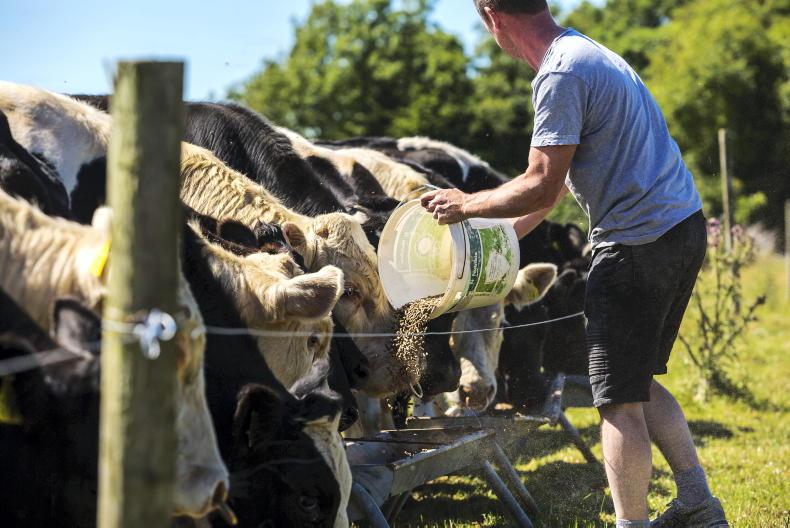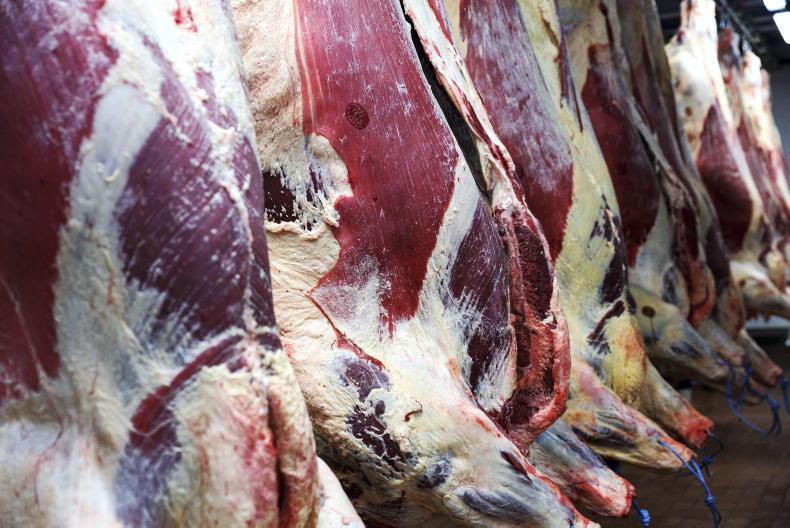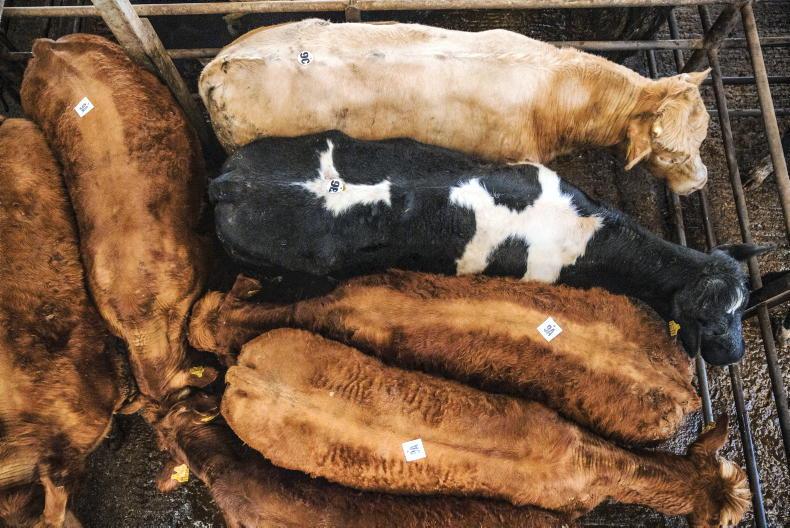The country’s beef factories want to cut emissions on farms by 30% by 2030, Meat Industry Ireland (MII) has announced in its Beef Sector Sustainability report and roadmap to 2030.
The focus at processing level for the coming decade is centred around decarbonisation, the report said.
“By 2030, processors will aim to reduce scope one and two emissions intensity by more than 50% and reduce scope three emissions intensity by 30%. This will reduce absolute emissions at farm level and these reductions will be fully reflected in the agricultural greenhouse gas inventory,” MII said.
Scope one and two emissions are emissions that are emitted from the processors themselves, while scope three are those in the whole supply chain – such as farms.
Reducing the age at slaughter to 22 to 23 months, further research into genetics and genotyping are among its plans to cut emissions, but it does not set in stone how exactly the 30% reduction will occur.
Bonus payment
The report does not outline whether farmers will be paid for the cut in emissions, however the Irish Farmers Journal understands that talks are ongoing about an early slaughter bonus payment. It is not yet clear how this would be paid or whether older cattle would be penalised to fund such a scheme.
Speaking at the launch of the report, Philip Carroll, chair of MII, said that over the next decade and beyond, even higher standards of agri-food sustainability will be demanded in the marketplace.
“Customers will increasingly prioritise sourcing from suppliers that contribute to and support their own sustainability agendas. This provides a crucial opportunity for the Irish beef sector to reinforce its position as a solutions provider to deliver on customer targets,” he said.
Dale Crammond, director of MII, said that Government policy support and investment will be needed to assist the sector to reduce emissions, particularly in the area of new research and technology developments, while at the same time safeguarding the future viability of the sector.










SHARING OPTIONS